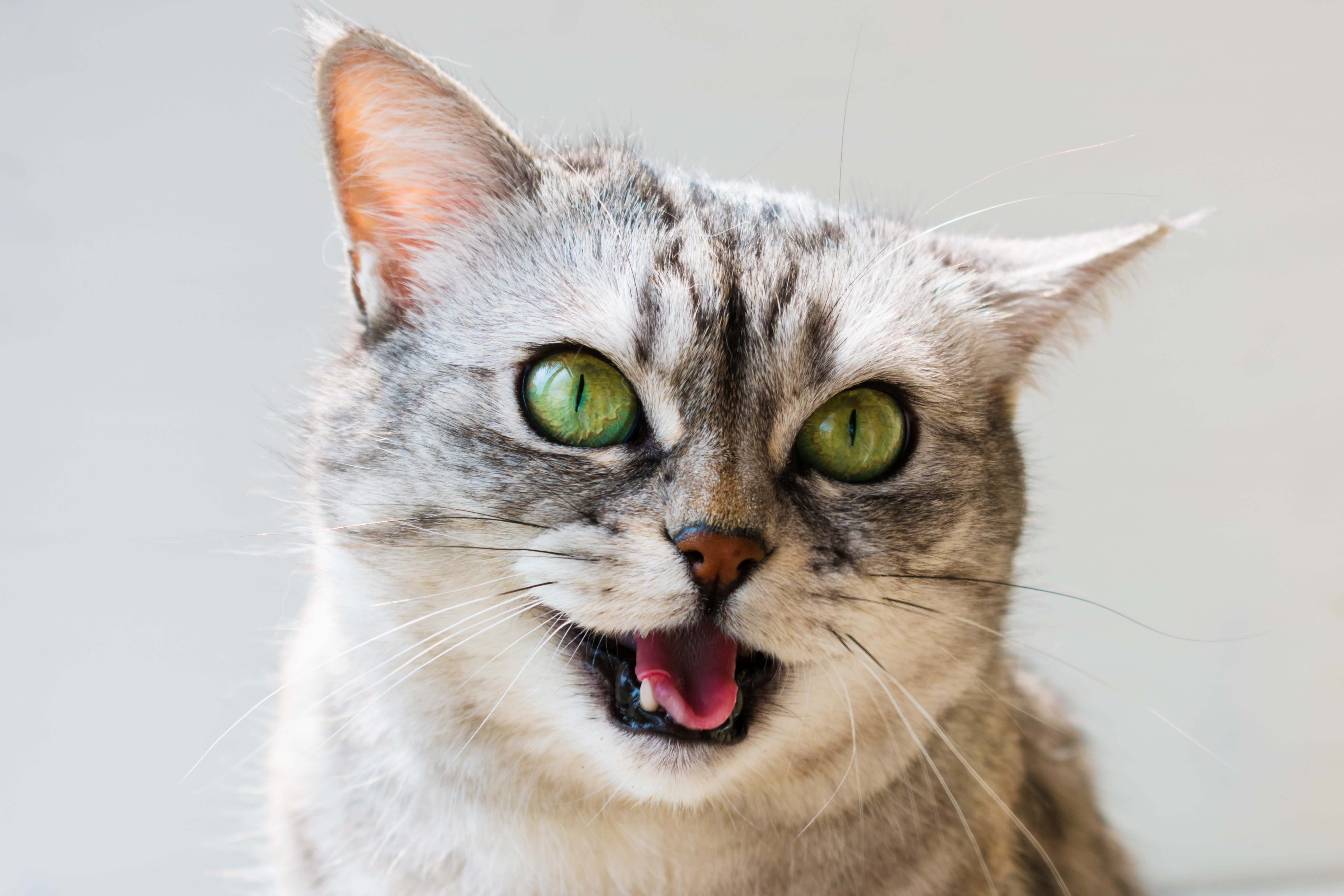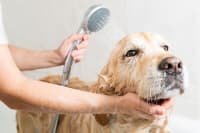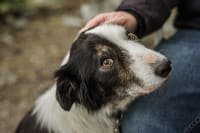Pet Care
Causes of Heavy Breathing in Cats
Why is my cat breathing heavy?
Although a small amount of light panting or open-mouth breathing can be normal for cats, it may also be an indicator of serious health problems that need to be addressed.
If your cat is panting or exhibiting labored breathing, start by assessing the situation based on the criteria below.
If your kitty’s breathing seems out of the ordinary, or if your cat’s heavy breathing continues for a long period of time, it’s time to seek veterinary care.
Normal Panting in Cats
There are some times when panting is normal behavior for cats. Think about what your cat might have been doing or experiencing right before they started panting.
Similar to dogs, cats may feel the need to pant when they are anxious, overheated, or after heavy exercise. Panting for any of these reasons should resolve itself once your cat has had a chance to calm down, cool down, or rest.
That said, it’s important to note that this sort of panting is rarer in our feline friends than it is in dogs, so if you notice regular panting from your cat it is worth a trip to your vet. When it comes to the health of your cherished pet it is always best to err on the side of caution.
Common Causes of Dyspnea in Cats (Heavy Breathing in Cats)
If your cat is breathing heavily but isn’t too hot, stressed, or tired from exercise, their rapid breathing could be a sign of a serious health issue. That’s when emergency veterinary care may be required. Some common causes of abnormal breathing in cats are:
Upper Respiratory Infections (URI)
- If your kitty has developed a respiratory infection it can be challenging for them to breathe normally. Upper respiratory infections in cats are similar to the human cold and can lead to labored breathing or panting. In cats, these infections typically begin as viral infections, but often develop into secondary bacterial infections. Antibiotics may be required to treat your cat’s condition so that they can breathe easier. Humidifiers and steam can help loosen mucus and make nasal breathing easier as your cat recovers.
Asthma
- Panting is a common symptom of asthma in cats. Other symptoms of cat asthma include coughing, wheezing, and increased respiratory rate. While you can’t cure asthma in cats, it can be well managed with corticosteroids or bronchodilators.
Heartworm
- Heartworm in cats can cause breathing difficulties. Treatment for heartworm includes supportive care with corticosteroids to reduce inflammation and oxygen therapy in more serious cases. Because heartworm disease can be fatal, it is important to keep your cat on monthly heartworm preventative medications.
Hydrothorax & Congestive Heart Failure
- Hydrothorax is a condition characterized by the build-up of fluid in and around the lungs, it can cause deep, rapid breathing, panting, and coughing. Treatment may include draining the fluid, as well as medications to dilate blood vessels, get rid of excess fluid, which can allow the heart to contract more forcefully.
Other Conditions
- Anemia, neurologic disorders, trauma, abdominal enlargement, and pain could also cause your cat to pant or exhibit heavy breathing.
Note: The advice provided in this post is intended for informational purposes and does not constitute medical advice regarding pets. For an accurate diagnosis of your pet’s condition, please make an appointment with your vet.
If your cat is panting, wheezing, or having difficulties breathing contact us right away. At Animal Hospital of Clemmons we are passionate about improving the health of pets in Clemmons and beyond.
Looking for a vet in
Clemmons?
We’re always accepting new patients, so contact our veterinary hospital today to book your pet’s first appointment.
Related Articles View All
How to Tell if Your Cat Has a Broken Leg
Regardless of whether your cat is a curious outdoor explorer or a chilled-out homebody, accidents can happen. Today, our Clemmons vets share signs that may indicate that your cat has a broken leg, and what you should do.
Cat Coughing, Sneezing & Wheezing
Is your cat coughing, sneezing and wheezing instead of contentedly purring? Cat coughs are a sign that something is irritating your feline friend’s lungs, airway or throat. Today, our Clemmons vets share some common causes of cat coughs and what to do.
Signs of Pain in Cats & How to Help
To provide your cat with all the care they need to live a long and healthy life, it’s important to be able to spot the signs of pain early and know what to do. Below, our Clemmons vets offer some advice on how to tell if your cat is in pain, and what you can do to help.
My Cat is Sleeping Constantly: Is this Cause for Worry?
Cats, without a doubt, enjoy sleeping. Concerned cat owners frequently ask our Clemmons veterinarians if they should be concerned that their cat sleeps so much. When does a cat nap signal the possibility of a medical emergency?
A Pet Parent’s Guide to Cat Dental Care
Cats are as likely as people to suffer from painful dental health issues caused by injury or poor oral hygiene. Unfortunately, many cat owners don’t know what dental care for cats involves or how to care for their feline friend’s oral health. In today’s blog, our Clemmons vets explain how to clean your cat’s teeth and care for their oral health.







